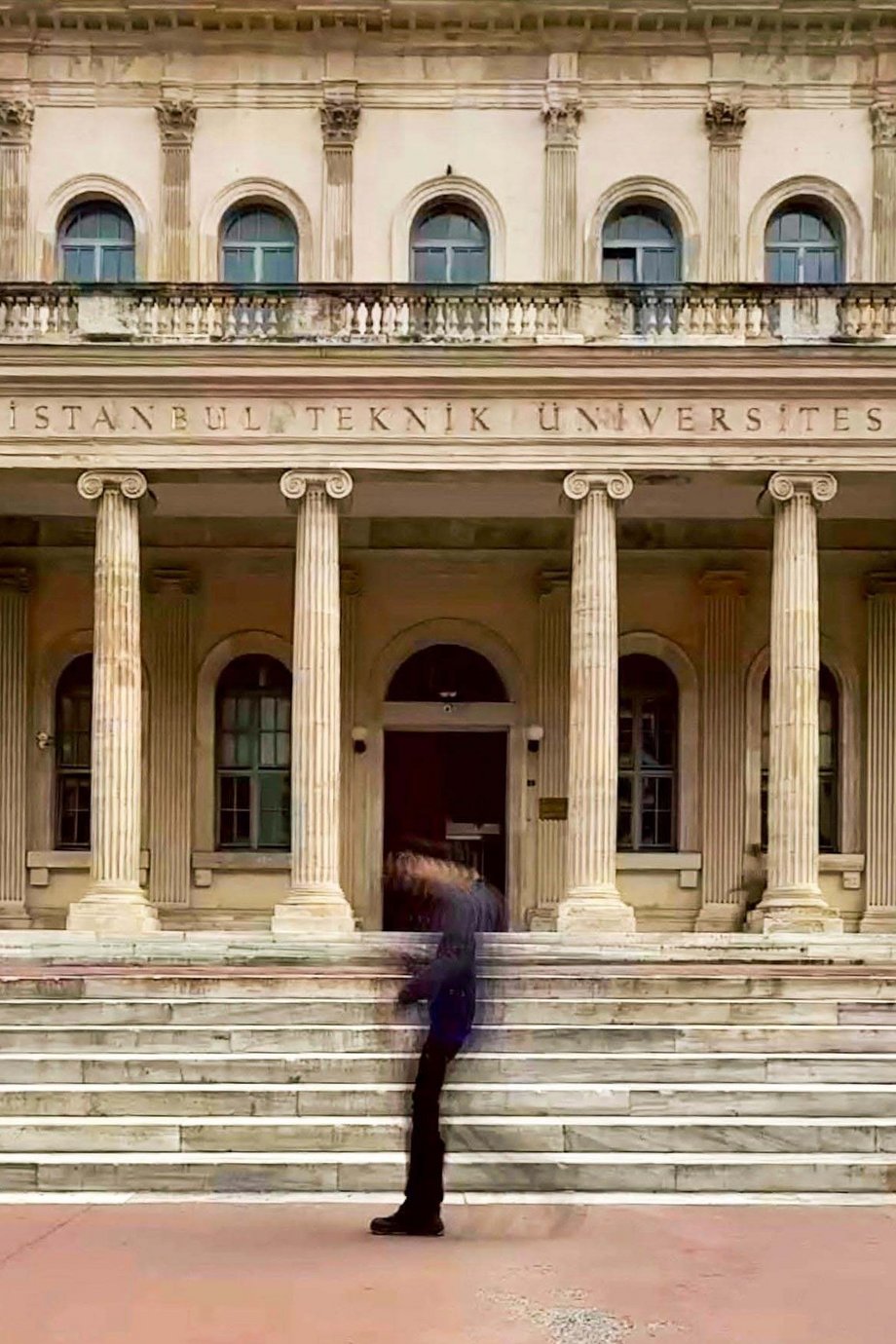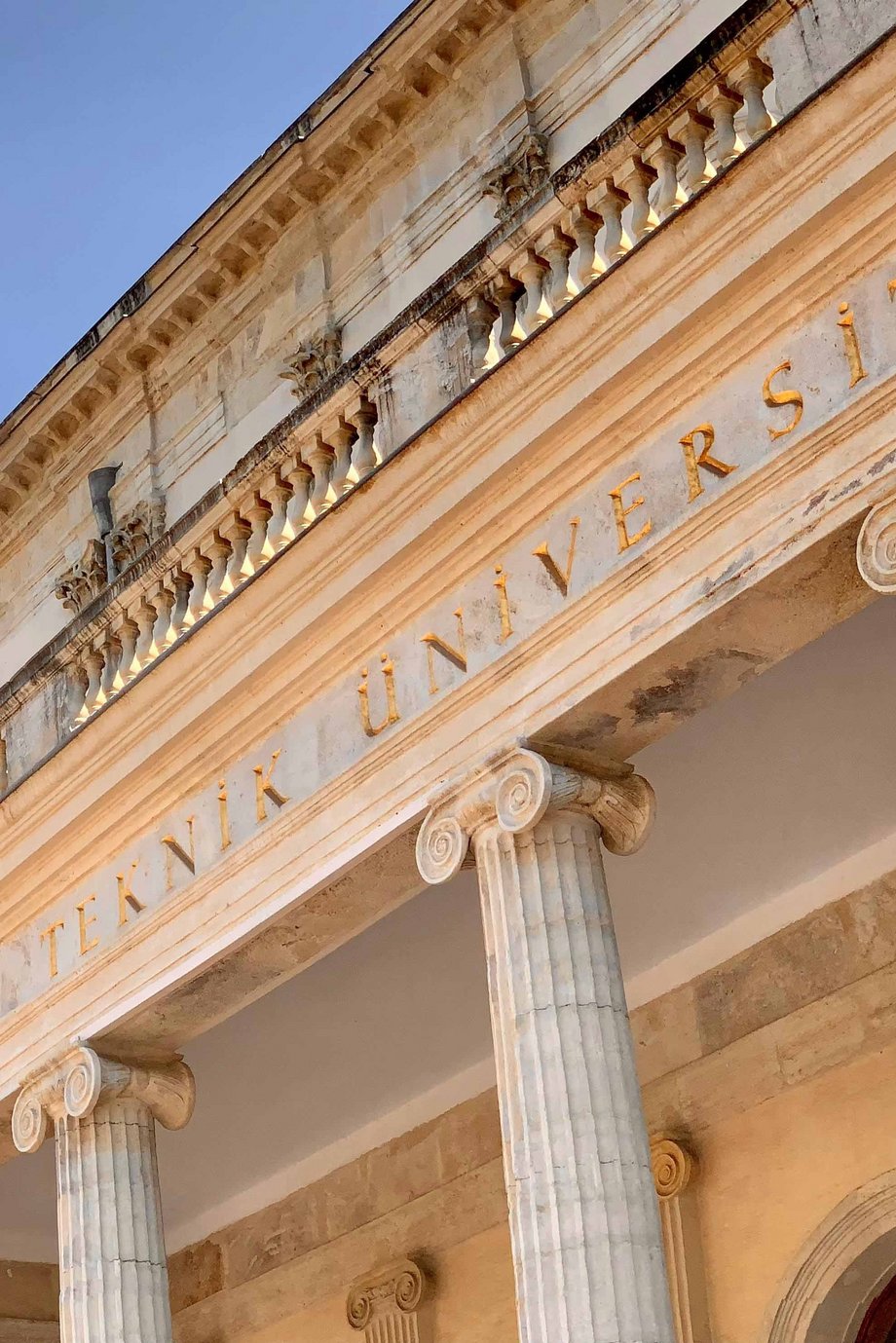

Complexities of westernization: urban and architectural forms of Europe implemented in Eastern Mediterranean
Lecturer
Prof. Dr.-Ing. Turgut Saner
Content
‘Orientalism’ is an overarching term for Europe’s consideration of the eastern cultures often equated with superiority, whereas the East’s counter-perspective moves between adaptive approaches and rejection. This study project is dedicated to the various artistic, architectural and urban responses of the ‘Orient’ in the face of western influence. The Ottoman Empire and many related sites will set the focus.
European styles played a pivotal role in the development of Ottoman and eastern Mediterranean architecture from the 18th c. onwards, when the Ottoman Empire was confronted with Europe’s technological advancements. Thus, the fascination of Europe stimulated the introduction of Baroque and Rococo in Istanbul and provinces. The western world soon advanced to an ideal in the eyes of the Ottomans and the neoclassical architecture became a tool to keep pace with the civilized world. However, the degree of westernization also led to societal polarizations between tradition and innovation, which were carried over into the modern Turkish Republic.
The transfer of western urban and architectural concepts to the Ottoman Empire and other countries in the East will be examined around a discourse referring to civilization, (semi)colonialism and cultural encounters & transformations.
Students (WHS, HCSM, Urban Design, Architecture and Urban Planning) are expected to develop and present their own projects on western style buildings in the Orient thereby emphasizing social, political and architectural controversies. The results of the studies will be shown in a final exhibition.
First Meeting
22.10.2025
Timing and Location
Mi 15:30-19:00 LG2A - AU.18
Study program
World Heritage Studies M.A.
Heritage Conservation and Site Management M.A.
